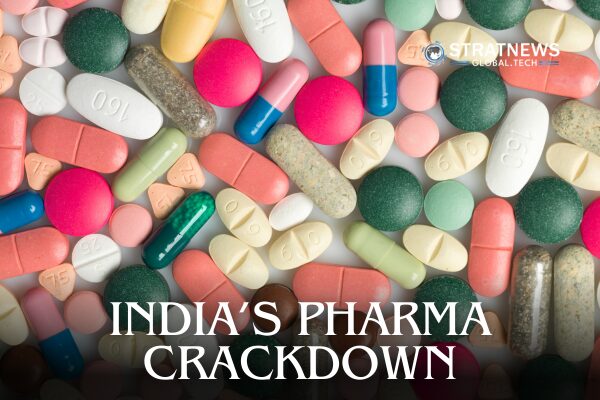Regulators in India Rejects Pharma Industry Pleas for More Time
India’s drug regulator has directed all pharmaceutical manufacturers to fully comply with international quality standards by January, rejecting appeals from smaller companies for additional time. The decision follows renewed public concern after contaminated cough syrup was linked to 24 child deaths in central India since September.
The Central Drugs Standard Control Organisation (CDSCO) issued a notice on Friday instructing state regulators to begin immediate inspections of all manufacturing units. The order enforces compliance with World Health Organization (WHO) standards under “Schedule M,” which requires stringent measures to prevent cross-contamination and ensure proper batch testing.
Tougher Action After Global Scandal
India’s pharmaceutical sector, often called the “pharmacy of the world,” came under scrutiny after locally produced cough syrups were tied to more than 140 child deaths in Africa and Central Asia in 2022 and 2023. The tragedy triggered international outrage and damaged India’s reputation for supplying affordable medicines worldwide.
The government had initially given large drugmakers until June 2024 to comply with the revised norms, while smaller firms were granted an extension until December 2025. However, the recent deaths prompted regulators to withdraw flexibility and impose a uniform deadline of 1 January 2026 for all companies.
“In case any manufacturing unit is found non-complying with the requirements of revised Schedule M during inspections, strict action shall be initiated,” the CDSCO notice stated. It also directed state authorities to treat compliance as a “top priority.”
Industry Warns of Economic Impact
While health authorities insist on higher safety standards, smaller pharmaceutical companies warn the move could threaten their survival. Jagdeep Singh, secretary of the SME Pharma Industries Confederation, said the compliance costs were too high for small businesses. “What good is quality if there is no affordability?” he asked, warning that forced closures could lead to job losses and higher medicine prices.
Despite industry concerns, officials have made clear that public safety takes precedence. Drugs Controller General Rajeev Singh Raghuvanshi, who signed the notice, emphasised that no further extensions would be granted. Reuters had reported earlier in October that the regulator intended to hold firm on the deadline.
The enforcement drive marks one of India’s strongest regulatory actions in years, signalling a shift towards stricter oversight of the country’s massive pharmaceutical industry.
with inputs from Reuters


